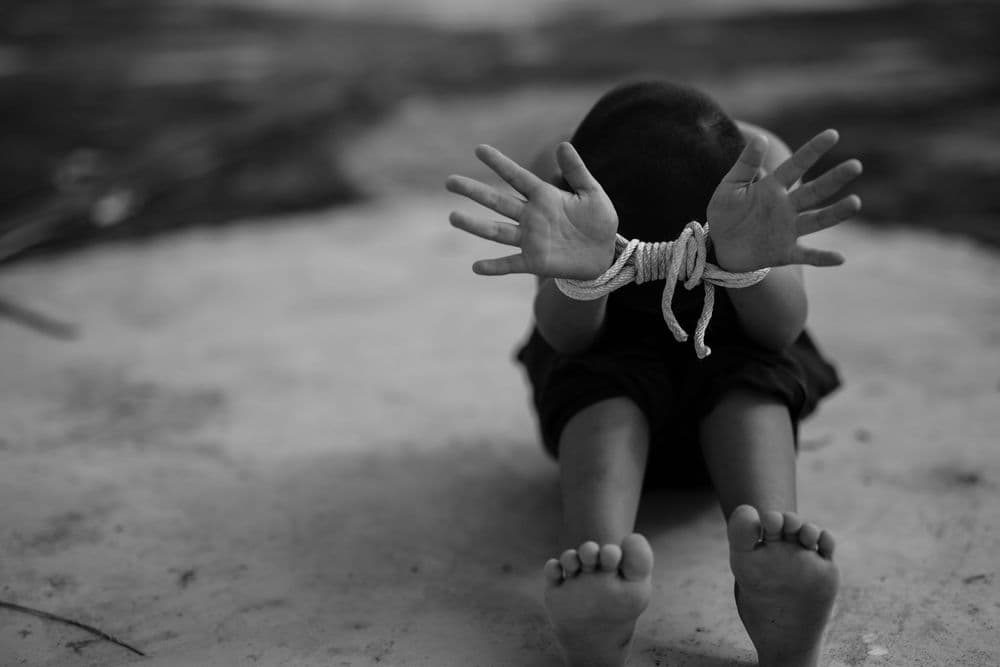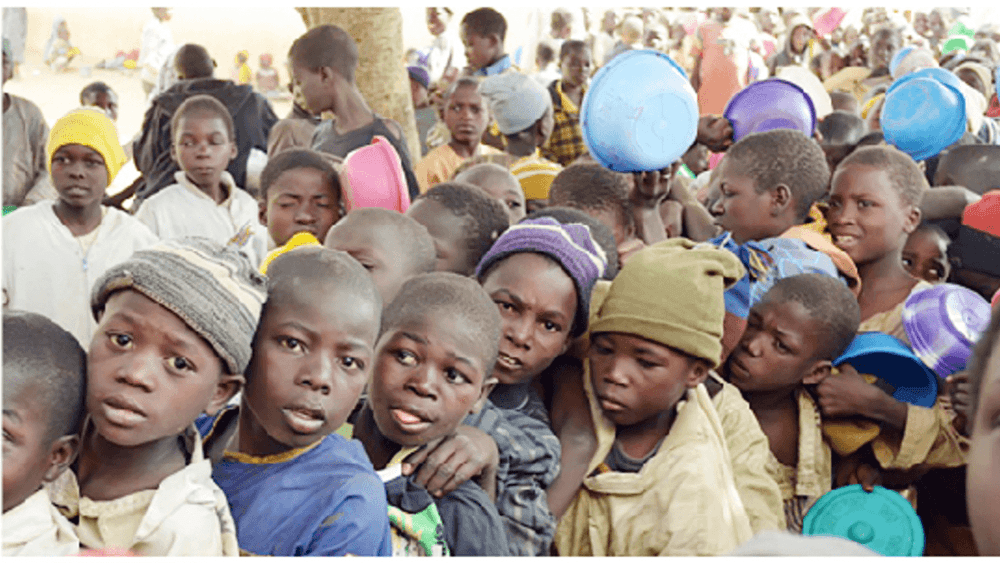Stay Informed
Join our newsletter to receive updates about our mission, impact stories, and ways you can help make a difference.

Despite that South Africa have the largest economy In Africa with the largest literacy rates, Child abuse remains a pressing issue in South Africa, The alarming statistics surrounding child abuse highlight an urgent need for society to address this pervasive problem.
According to various studies, South Africa has one of the highest rates of child abuse in the world. This abuse manifests itself in various forms, including physical, emotional, sexual abuse, and neglect. The effects of such trauma can be devastating and long-lasting, leading to a cycle of violence that can persist across generations. Vulnerable groups, particularly children from disadvantaged backgrounds, are at a heightened risk, as they often lack access to supportive resources and protection mechanisms. According to the report titled Child Series Volume III, Reported Crime Against Children 2022/23 released by Statistics South Africa, a significant number of reported crimes against children in South Africa involve sexual offenses, with girls being victimized more frequently than boys.
In most provinces, except for the Western Cape and Northern Cape, rape has consistently been the most prevalent reported crime against children. In the 2022/23 period, Limpopo recorded the highest proportion of rape cases among reported crimes against children at 54,3%, followed by Mpumalanga at 47,6%. Gauteng had the lowest proportion at 35,1%.
The roots of child abuse in South Africa can be traced to various socio-economic factors. High levels of poverty, unemployment, and substance abuse within communities contribute to environments where violence can thrive. Families facing economic hardships may experience increased stress, which can lead to harmful parenting practices and an inability to provide a safe, nurturing environment for children.
Moreover, cultural norms and stigmas surrounding discussing abuse can perpetuate silence and prevent victims from seeking help. Many individuals, especially in rural areas, may view reporting abuse as shameful or are unaware of the legal avenues available for protection and support. Education plays a crucial role in combatting these issues, emphasizing the need for community awareness initiatives that can empower individuals to recognize and report abuse.
Government intervention is essential in addressing child abuse. Legislative frameworks are in place, such as the Children's Act of 2005, which seeks to protect children’s rights and ensures their welfare. However, enforcement of these laws often falls short due to lack of resources, training, and public awareness. Strengthening these systems is critical to ensuring that vulnerable children receive adequate protection and that abusers are held accountable. Ultimately, tackling child abuse in South Africa requires a multifaceted approach that involves individuals, families, communities, and the government. It calls for increased awareness, education, and active participation from all sectors of society. By taking a stand against child abuse, we can create a safer environment for our children, ensuring that every child has the right to grow up free from violence and fear. Making this a collective priority not only empowers the younger generation but enriches the fabric of society as a whole. Together, we can build a future where all children are nurtured, protected, and able to thrive.
Non-governmental organizations (NGOs) and community groups have stepped in to fill the gaps left by government initiatives. These organizations provide essential services such as counseling, legal support, and education on child rights and well-being. Collaboration between government bodies and NGOs can create a more effective response to child abuse, fostering a comprehensive support system for affected families.
One of the most powerful tools in fighting child abuse is community-based education. Programs that teach children about their rights, help them identify unsafe situations, and provide guidance on whom to ask for help can empower young individuals. They can also promote healthy relationships and establish a culture of respect that will benefit future generations, while the numbers are still alarming the decreasing rates shows the power of advocating for change.
at marianco we believe In the Importance of raising awareness and building systems that protects children, Join us in this fight by donating/volunteering/sharing! .

Hotlines serve as a pivotal resource for individuals seeking immediate assistance across various sectors. Their effectiveness hinges on accessibility, trained personnel, and efficient call management systems

Treating adults like adults is a reasonable principle but not when the tool in question is a machine that can generate infinite child sexual abuse material on demand. OpenAI and every other AI company must understand: loosening restrictions on sexual content without ironclad safeguards is reckless.

the ethics surrounding the surveying of child abuse necessitate a careful balance between the need for data collection and the imperative of safeguarding vulnerable populations. Ethical considerations must prioritize the well-being of children, ensuring that their rights and dignity are upheld throughout the research process.


Combating child trafficking requires collective action. Organizations like ECPAT International, UNICEF, and the National Human Trafficking Hotline coordinate rescue efforts and survivor support across borders. Tech companies are implementing stronger safeguards, using machine learning to detect and remove exploitative content.

The intersection of technology and social justice has never been more critical. As AI continues to evolve, its capabilities in detecting and combating smuggling and human trafficking will further strengthen law enforcement and humanitarian efforts.

The Almajiri system began as a noble path of learning but has been weakened by neglect and lack of support. Today, millions of children suffer under conditions that deny them their rights and their futures


The fight against child labor in Europe began in earnest during the 19th century. Social reformers, writers, and activists highlighted the plight of children working in hazardous conditions

Child sexual exploitation can be prevented through education, vigilance, and strong legal action. Key steps include teaching children body safety, monitoring online activity, reporting abuse, and supporting survivors. Community awareness and trained professionals are essential to detect and stop exploitation early.

Online gaming platforms have become a significant avenue for child sexual exploitation, with predators using in-game communication features, virtual gifts, and mentorship tactics to groom children in as little as 19 seconds, making parental awareness and active engagement in gaming crucial for protection.

Marianco is a non-profit organization dedicated to combating child trafficking, pedophilia, and exploitation. Inspired by Francisco Padilla, a former street orphan, Marianco provides comprehensive support to vulnerable children, including shelter, education, healthcare, and counseling. The organization aims to create a world where every child is safe and has the opportunity to reach their full potential. Child trafficking, pedophilia, and related forms of exploitation are pressing issues that strip millions of children of their rights, safety, and dignity. Marianco recognizes the urgency of addressing this crisis and is committed to disrupting cycles of exploitation by raising awareness, advocating for stricter laws, and creating prevention and rehabilitation programs. Their short-term goals include raising awareness, building partnerships, fundraising, developing rehabilitation centers, offering legal aid, and creating educational programs. Marianco is preparing to launch an advocacy campaign to educate communities about child trafficking and how to prevent it. With your support, Marianco can turn these plans into reality and create a world where children are safe, loved, and empowered.
Join our newsletter to receive updates about our mission, impact stories, and ways you can help make a difference.